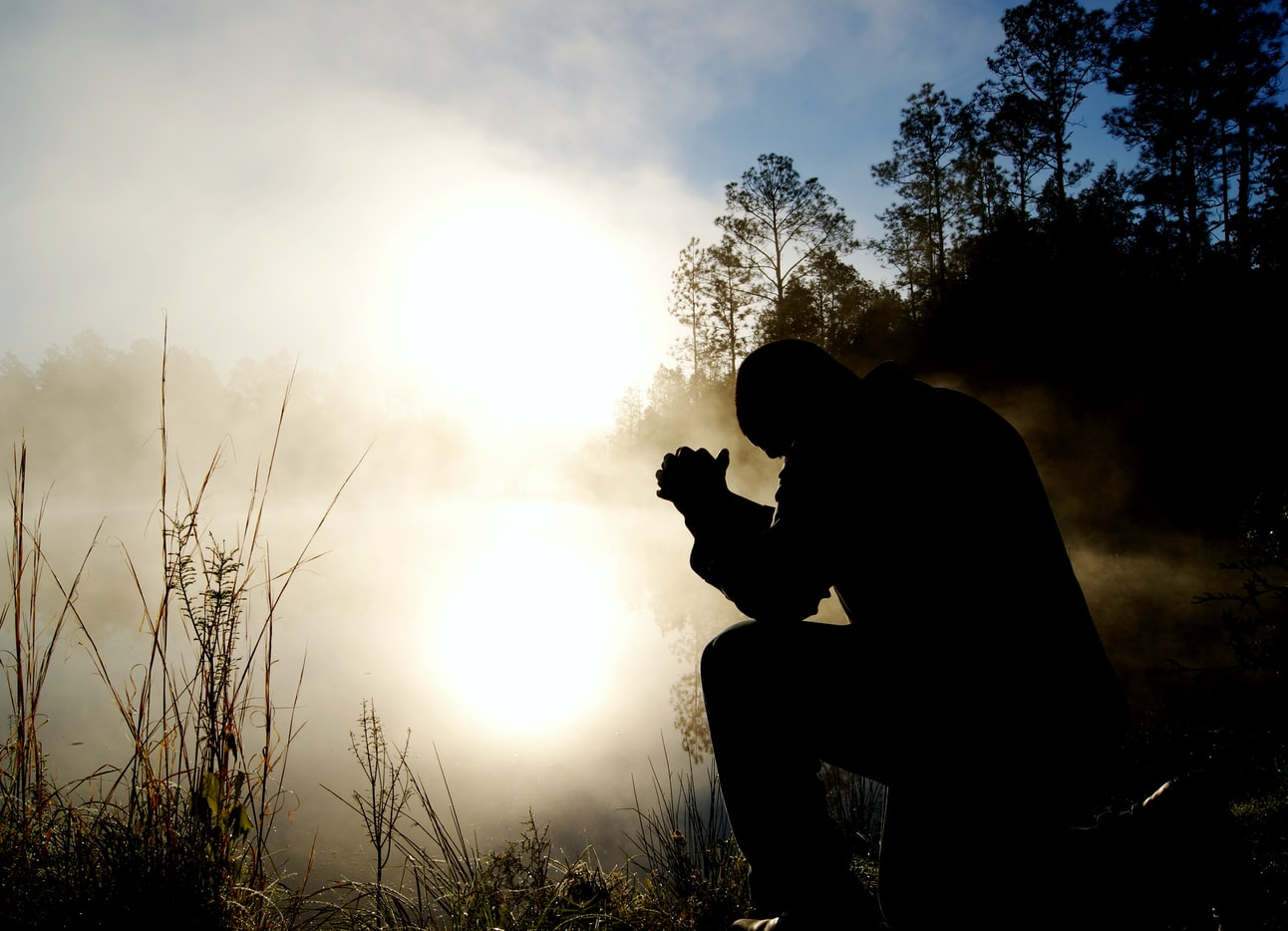Rediscovering Confession

The Greek word for “confess” is homolego. Literally, this word means “to say the same thing” (homo=same; lego= to say). Confession is a type of agreement, and for Christians, it is coming into agreement with God: “God, I agree with you about my need for you.” In regard to sin, it is saying, “God, I agree that my ways are wrong, and your ways are right.” It is a kind of “coming clean” and moving from a place of hiding to a place of openness and, ultimately, of freedom. Being a Christian begins with confession.
This is why most worship services in history contain a “prayer of confession.”
This moment in the service is a time of coming clean, of restarting, and of clearing our hearts and minds in order to hear from God.
Even we in the Wesleyan-Holiness tradition, with our emphasis upon the cleansing power of the Holy Spirit from the nature of sin, need confession. This is not because we believe that we are powerless over sin. Rather, it is because we believe that sin is subtle, and that we, like those before us (even our biblical heroes), are experts in self-deception.
Even our religious good deeds can drown out the call of God to greater Christian maturity – what we call “growth in grace.” John Wesley himself preached a well-known sermon called “The Repentance of Believers,” emphasizing that repentance and faith are necessary “in order to our continuance and growth in grace….”
When Martin Luther posted the now famous 95 Theses on the door of the local church in Wittenburg, Germany, on October 31 of 1517, it was more than an airing of grievances against the leadership of his day. It was an invitation to honestly make known deficiencies in theology and in practice, in order for the Church to ensure that we were saying the same things God seemed to be saying in Scripture. In other words, it was a call to confession.
Our schedules are busy, and getting busier all the time. Are we building into our weeks the time to stop and confess? Coming into a fuller agreement with God is the way of holiness, and we are a holiness people.
May God’s Spirit continue to call us to maturity into Christlikeness by pointing out areas where confession, forgiveness, and reconciliation are necessary. This is the hope of the Gospel and the hope of the future of the Church.
Charles W. Christian is managing editor for Holiness Today.
A note from the author: Do you want to read more about the Reformation and the role of various groups, including the Wesleyan movement, in the spectrum of Christianity? Subscribe now to Holiness Today to receive our upcoming September/October issue, which will feature the 500th anniversary of the Protestant Reformation.
Written for devotions with Holiness Today
Please note: All facts, figures, and titles were accurate to the best of our knowledge at the time of original publication but may have since changed.




